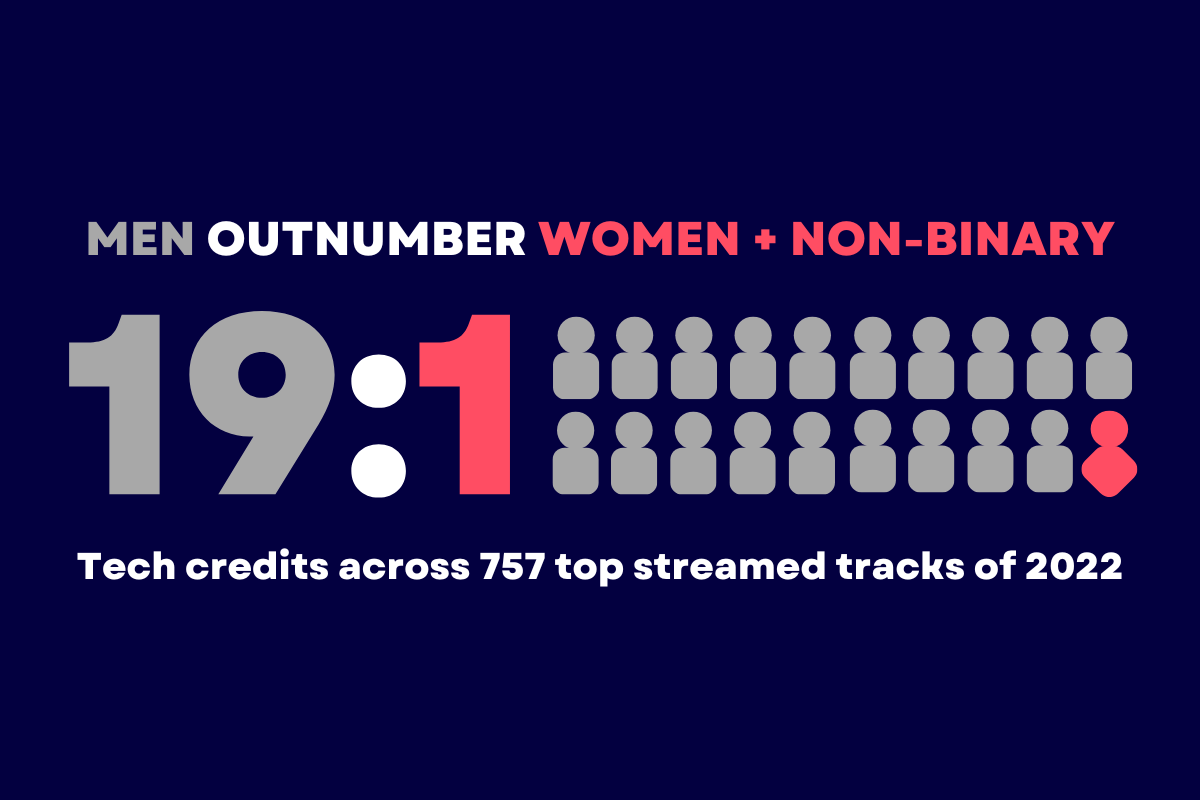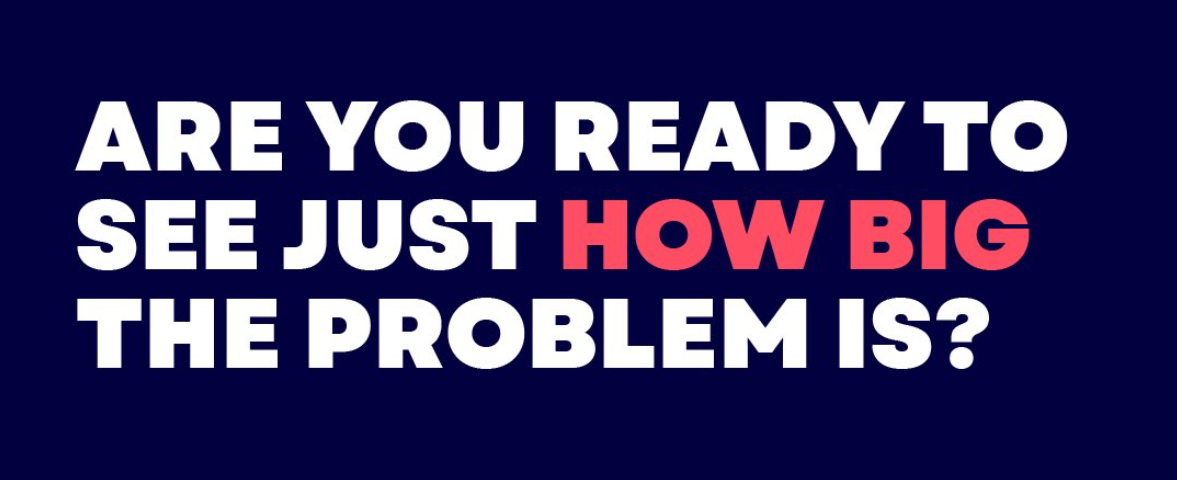Study shows women in the music industry and non-binary musicians are shockingly underrepresented
How many credits of popular songs feature female producers and non-binary people? Not nearly enough, says Fix the Mix, a gender in music study.
A wide-ranging new report shows the poor representation of non-binary musicians and women in the music industry, specifically in technical roles like production and engineering. Findings by Fix the Mix were deeply critical of gender inequality within the music sector.
The inaugural Fix the Mix report analysed the most popular songs of 2022. What percentage of producers on the biggest songs of last year were non-male? Not nearly enough, is their answer.
The aim of Fix the Mix, led by We Are Moving The Needle and Jaxsta, is to identify the areas where action is most urgently required to change the current system. More inclusive hiring and raising awareness of the lack of gender representation in music is needed to spark change for non-binary and female music producers and engineers.
Looking at the credits of 1,128 songs, the study analyses roles such as engineer, producer, master engineer and mixing engineer, vocal producer, assistant, programmer, and editor – exploring the results in depth.
The findings are split into categories, going in-depth into representation in genre, streaming playlists, and music awards. Songs analysed were from the Top 50 Spotify Billions Playlist, Top 50 RIAA Diamond Certified records list; including 757 top-streamed tracks, and 30 GRAMMY Award-winning albums.
Big tracks, big streams, and a whole lot of money generated – just sadly not equally across genders. Are you all set for some sad stats about being a woman in music?
Gender inequality in the music industry in statistics
Of the 1,128 songs analysed, only 5% of women and non-binary producers and engineers were included in the credits.

When it comes to the technical credits in 2022’s top streamed songs, men outweigh women and non-binary people 19 to one. Meanwhile, not a single Top 50 streamed rap song credited non-male producers.
At the 65th GRAMMY Awards there were eight categories that recognised producers and engineers, and of those eight the only non-male winner was Judith Sherman, who won for Classical producer of the year. There were no further women or non-binary people credited in the other seven categories.
Some genres are more inclusive than others in hiring and promotion. Research found that Folk & Americana has the best representation over both producer and engineering roles with 16.4%, whilst Electronic leads the way in non-male representation with 17.6%.
At the bottom end, Metal is the lowest with 0% of technical roles credited. The fact that no genre is higher than 18% is a dismal statistic – and it is, as the report concludes, an unacceptable figure.
As Fix the Mix states: “Although key players in the industry have launched numerous Diversity, Equity, and Inclusion programs, the numbers show that women and non-binary technical creators are not proactively sought out for work opportunities and are simply ‘lost in the mix’.”
You can view the whole Fix the Mix report here.
How to Fix the Mix for non-binary people and women in music
After deciding the findings are unacceptable, what solutions does Fix the Mix recommend for the industry? One step is to make conscious efforts to accurately credit non-male contributors. The report calls on the music industry to diversify hiring practices, to actively seek out non-male candidates. Assuming these creators don’t exist based on statistics isn’t an excuse.
Data transparency is a similar step, and educating industry professionals who hold outdated views of women and non-binary people in the industry is also key. Supporting progressive organisations like she.said.so and In The Key is vital, as is collaboration between the groups.
When it comes to non-male producers and engineers themselves, Fix the Mix suggests self-reporting their work availability – recommending they providing metadata to Jaxsta, an official music credits database.
There’s no easy fix. But at RouteNote we want to encourage more of these conversations, to shine a spotlight on overlooked rising non-male artists and illuminate the dark corners that are usually glanced over. Look out for more discussion, reporting and research into making the music industry a more inclusive sector.
